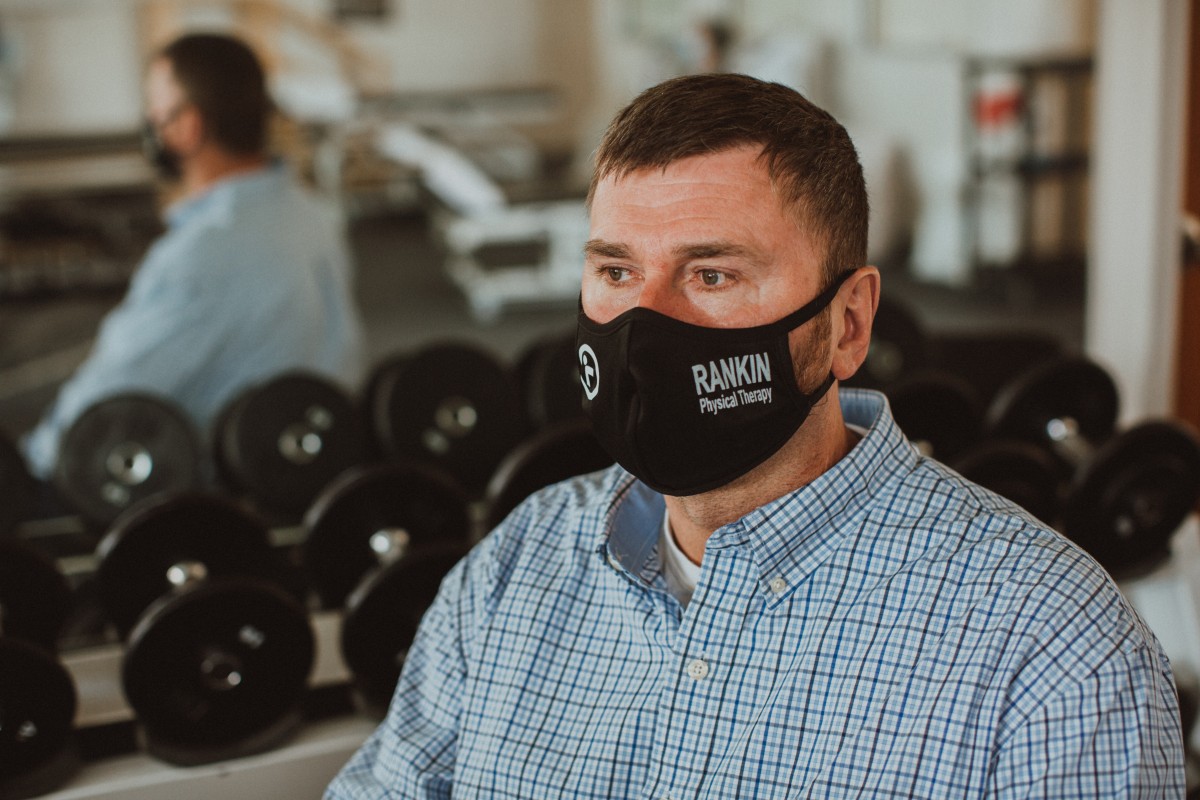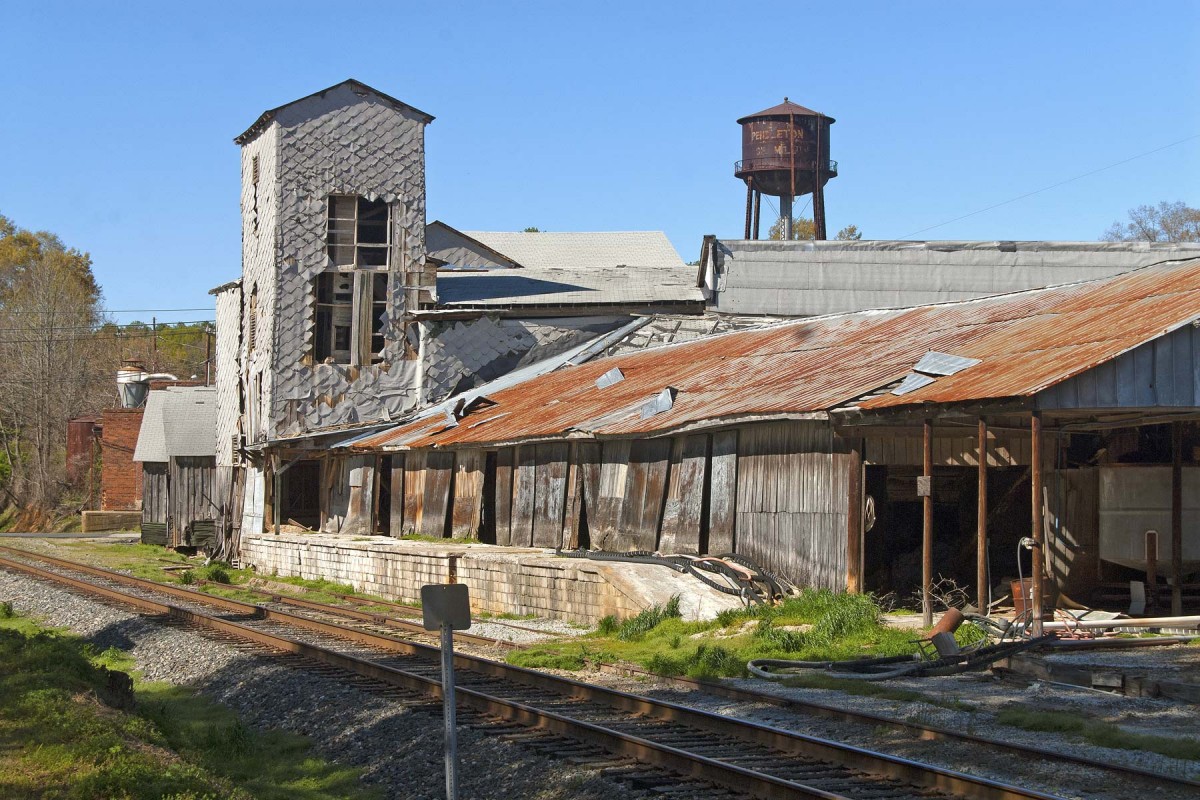“And they wonder why folks don’t trust the vaccine.”
That was my first thought when I saw the news last week that the Sacklers – the owners of Purdue Pharma and the family behind OxyContin and by extension the opioid crisis – have been granted immunity from all future lawsuits in a bankruptcy deal. Nearly 500,000 people died from opioids between 1999 and 2019, with countless others – including folks in my own family – experiencing addiction.
This decision is an insult to every single one of those people and every family and community torn apart by this crisis. It serves to protect the rich and powerful at the expense of the poor and vulnerable. It undermines confidence that the pharmaceutical industry can be held to any account when they knowingly poison our people. Simply put, after all the hell the Sackler family wrought here in Appalachia and across the country, it is a miscarriage of justice that they should get off so easily.
To understand just how vile the Sacklers are, you have to go back 25 years. OxyContin, a prescription opioid that helps with severe pain, first came on the market in 1996. As public health expert Lesly-Marie Buer reports in her book “Rx Appalachia,” Purdue quickly began marketing the drug in Appalachia because of both its high rates of Medicaid and its high rates of legitimate and often chronic pain due to the extractive industries that dominate our region, such as coal and timber. “Exacerbating this phenomenon,” she writes, “is that companies generally recommend the highest tolerable dose as the best standard of care.”
A confidential Justice Department report obtained by the New York Times in 2019 alleged that the Sacklers were aware of the addictive nature of OxyContin as early as the late 1990s, and that they were made aware of the extent to which the drug was being abused. Of course, there was never really any doubt; the World Health Organization has been warning of the addictive nature of oxycodone since the 1950s, according to Buer. Rural doctors, however, were eager to get the expertise offered by Purdue since such training in new treatments can be hard to come by in isolated parts of the country, including Appalachia.
According to Buer, the company covered the expenses of more than 5,000 doctors, nurses and pharmacists to attend conferences at resorts, where they learned about OxyContin. The company also set up thousands more educational programs between 1996 and 2002, where despite knowing better, they continued to downplay the addictive nature of their drug.
By then, of course, the opioid crisis was raging in Appalachia. As a child in Eastern Kentucky, I had countless conversations with friends and family about which pharmacies and doctors were acting as “pill mills.” Yet, no one outside the mountains seemed to realize nor care that we were dying of a disease peddled by outsiders. It wasn’t until the opioid crisis spread out of the mountains and into the more affluent suburbs, affecting middle class and rich white populations, that politicians began to take note.
All the while, Purdue was engaged in deceptive marketing, stating that OxyContin was a better treatment for pain despite no proof of increased efficacy. Last year, the company pleaded guilty to fraud and kickback conspiracies. “Purdue admitted it marketed and sold its dangerous opioid products to healthcare providers, even though it had reason to believe those providers were diverting them to abusers,” Rachel A. Honig, the First Assistant U.S. Attorney for the District of New Jersey, said last year. According to Honig, Purdue Pharma lied to the DEA and fraudulently increased the amount of pills it was allowed to sell while paying kickbacks to providers as an incentive for them to prescribe even more of its drugs.
Despite resulting in three felony guilty pleas, no one from Purdue Pharma or the Sackler family faced any jail time in last year’s plea deal. They never even apologized for their part in this epidemic which has killed hundreds of thousands of Americans. That left future litigation as the only way to continue the pursuit of justice. With this month’s ruling, however, the federal courts effectively eliminated the final recourse for victims of the opioid crisis.
More than morally reprehensible, this ruling is a complete abdication of the court’s responsibility to the people. While it is true that the Sacklers will pay $4.5 billion out of their own fortune, they will remain one of the wealthiest families in America – especially with immunity from future civil litigation. And while counties, cities and states which sued may get a small windfall to help pay for the strain on their communities, the compensation for victims only ranges $3,500 and $48,000 – a pittance compared to the immense wealth the Sacklers accrued from what is essentially the biggest drug deal in American history.
Indeed, had a drug dealer from the hollows or the hood been responsible for 500,000 deaths, they would be rotting in prison for the rest of their life. But because these pill pushers were in the c-suite instead of the street corner, because they wore three-piece suits instead of track suits, they get away with it. It is maddeningly unjust.
Beyond that, though, it is a horrible precedent and terrible public policy. We are in the midst of another -demic – the coronavirus pandemic. The peoples’ trust in our healthcare and pharmaceutical sectors is more important than ever. Trust that their medications will not hurt them, yes, but also faith that malpractice and malfeasance will be held accountable by our nation’s justice system. Folks can hardly be blamed for being skeptical about what will happen after this ruling. Clearly, the courts are on the side of those who would first do us harm if it means making a buck.
That the very people they harmed can no longer seek restitution is a travesty. That the victims of the Sacklers will serve more jail time than the perpetrators of this crisis is unconscionable. The Sackler family knowingly contributed to one of the largest public health crises in American history. They pumped pills into our people in order to turn a profit, giving no thought to the lives and communities they were destroying the process. They are the worst of American capitalism, modern day robber barons who exploited and abused our communities for their own gain.
Skylar Baker-Jordan is a freelance writer and 8th generation Appalachian. A frequent freelance contributor to The Independent, his writing has also been published in Newsweek, Business Insider, Huff Post, Salon, and elsewhere. Originally from Eastern Kentucky, he now lives in East Tennessee.



